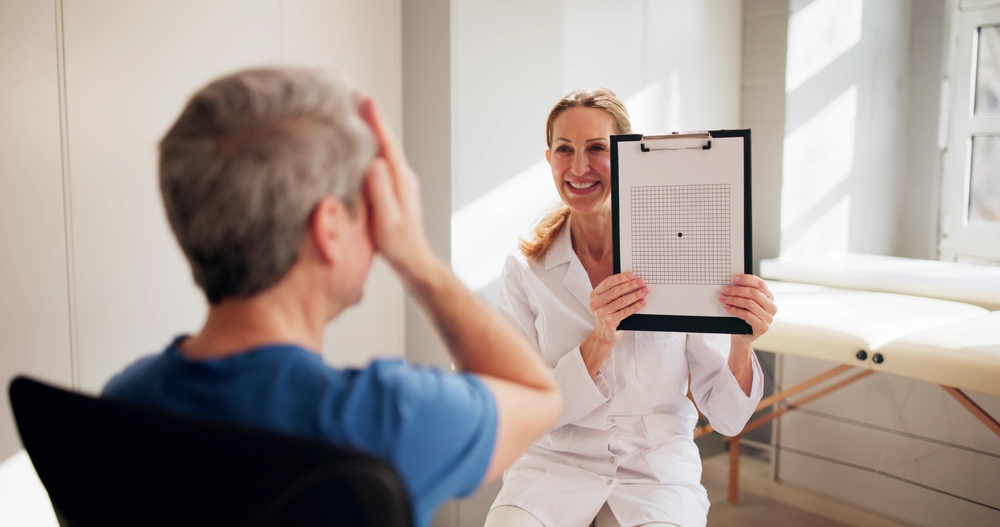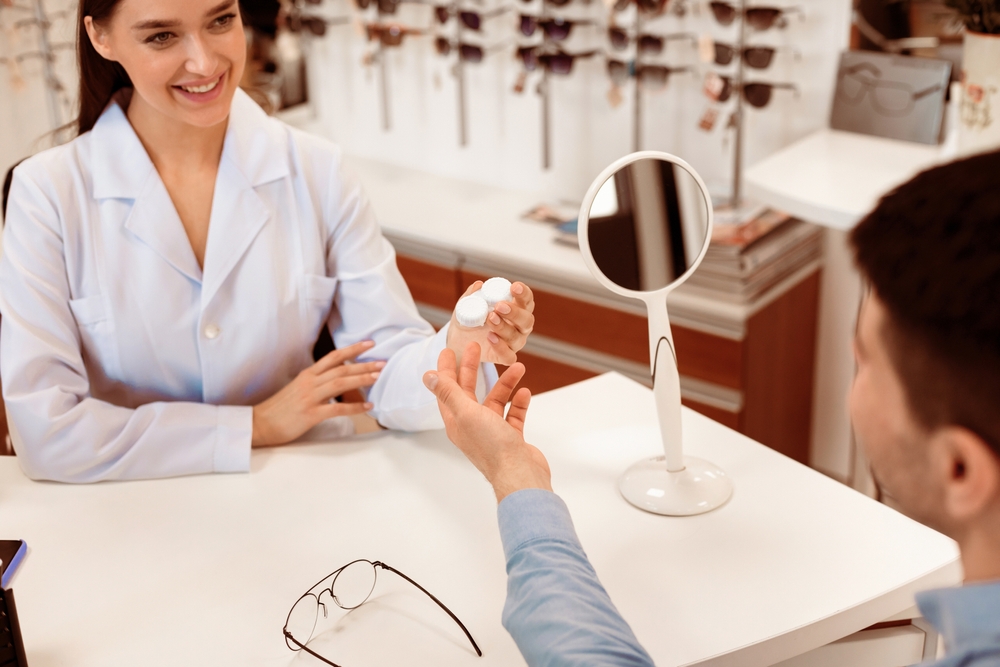Blog List

Macular degeneration is one of the leading causes of vision loss in older adults, impacting the part of the eye responsible for sharp, detailed sight. Understanding how macular degeneration affects your eyesight and recognizing its early signs can help preserve your vision for longer. Our experienced eye doctors in Westerville, OH are here to help you stay proactive with eye health and detect changes early.

Contact lenses can be a life-changing option for those who want freedom from glasses, but achieving clear, comfortable vision isn’t as simple as picking a lens off the shelf. A professional contact lens fitting is an essential step to ensure that your lenses not only correct your vision but also protect the long-term health of your eyes.

For patients dealing with complex vision conditions like keratoconus, severe dry eye, or high astigmatism, traditional contact lenses often fall short. Scleral lenses are a transformative solution that offers exceptional clarity and comfort. At Professional Eye Care at Westar, we specialize in fitting customized scleral lenses to help patients achieve the clear, stable vision they deserve.

Dry, irritated eyes can make daily activities like reading, driving, or working on a computer uncomfortable. Whether caused by prolonged screen time, environmental factors, or underlying health conditions, dry eye syndrome is a persistent issue for many people. Envision by InMode is revolutionizing dry eye care by providing long-term relief and restoring eye comfort.

Eye emergencies can occur without warning and may result in permanent damage if not addressed promptly. At Professional Eye Care at Westar, we are committed to equipping you with the knowledge to recognize the signs of an eye emergency and understand the steps to take in these critical situations.

Macular degeneration is a leading cause of vision loss among older adults, affecting millions of people worldwide. As we age, the macula, the central part of the retina responsible for clear, sharp vision, can gradually deteriorate, leading to a progressive decline in eyesight. This condition, known as age-related macular degeneration (AMD), can have a significant impact on your daily life, making it difficult to perform tasks such as reading, driving, and recognizing faces.

In the realm of vision correction, scleral lenses have emerged as a game-changer for individuals seeking a comfortable and effective solution. These specialized lenses are designed to vault over the cornea, resting on the sclera, providing a unique and innovative approach to addressing various eye conditions.

Your eyes allow you to experience the beauty and wonder that surrounds you daily. However, like any other body part, your eyes require care and attention to remain healthy. It would help to explore the top six vision conditions and how to recognize and prevent them.

Wearing glasses has been a reliable solution for people with vision problems for many years. However, switching from glasses to contacts can offer a great alternative. Contacts provide freedom of movement, a wider field of vision, and can even enhance your appearance.

Vision issues in children are more common than you might think, and they can significantly impact their quality of life. Children's vision issues can manifest in various forms - some are congenital, while others develop over time.



